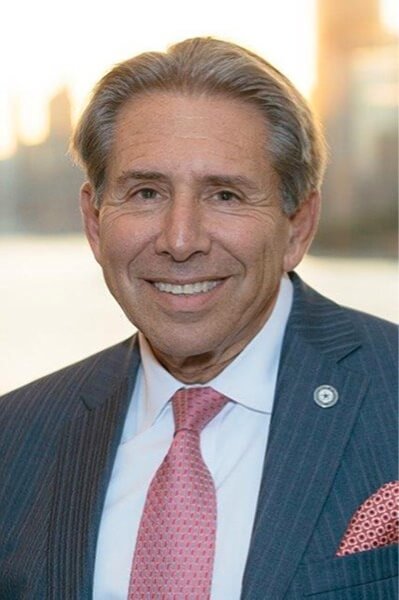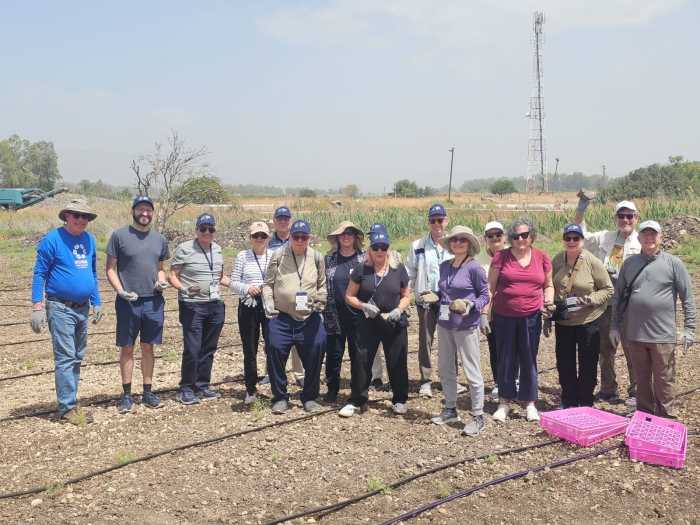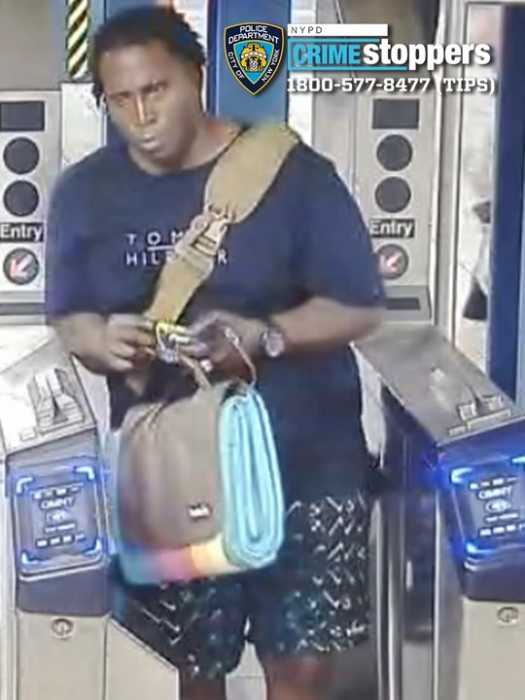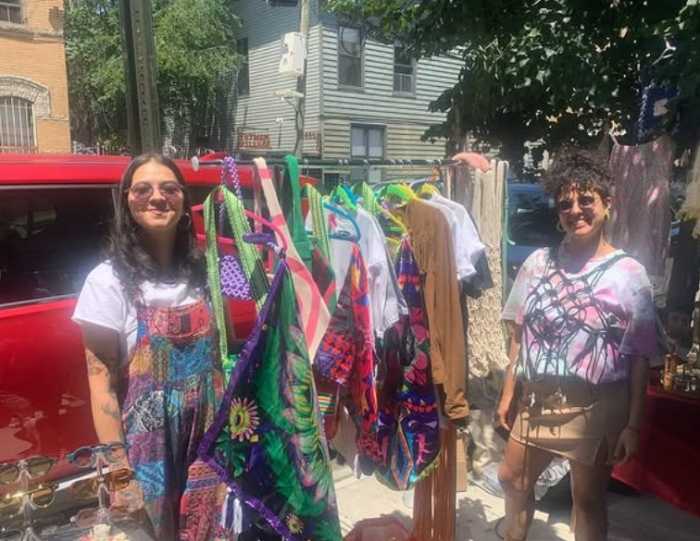By Carlotta Mohamed
When veterans are on the road to recovery in a hospital and suddenly die, it’s up to Bruce Sackman, Special Agent in charge of the US Department of Veterans Affairs Office of Inspector General, to investigate those deaths.
In Sackman’s new book, “Murder Behind the Curtain,” co-written with Michael Vecchione and Jerry Schmetterer and published in September, the renowned investigator uncovered four medical serial killers in the VA hospital system from West Virginia to Maine — including one in New York City.
“These are medical professionals who murder their patients,” said Sackman. “I’m not talking about a Doctor Kevorkian, accidents, malpractice… I’m actually talking about murder. That’s what these people did.”
According to Sackman, a former criminal investigator for the VA office for 32 years, the series of investigations throughout the country involving nurses and doctors who murdered their patients first surfaced in the early 1990s.
One of Sackman’s cases in the book involves Michael Swango, who began killing his patients as early as his time medical school.
Swango was allowed to continue his reign of terror for years, even after imprisonment — due to a broken system of background checks and the failure of hospital administrators to believe one of their own might be a killer.
“He actually chose a profession that would give him the power of life and death over an individual, and he would kill the people and watch them die,” said Sackman. “Then he would call up the next [of] kin and explain in great detail how dad had suffered during the last moments of his life.”
After being released from prison in 1987 for good behavior, Swango forged documents and began working at the Health Science School for Medicine at Stony Brook University in Long Island, Sackman said. However, he lost his job after an ABC News “20/20” segment re-aired his interview while he was incarcerated at Centralia Correctional Center in Illinois for poisoning his co-workers.
Swango then traveled to Africa, where he continued to kill people, Sackman said.
“We were able to determine he killed at least three people out in Long Island and that’s what he was prosecuted for, and sentenced to three life terms without the possibility of parole,” said Sackman.
The government of Zimbabwe also charged Swango in absentia with poisoning seven patients and killing five.
According to Sackman, Swango’s thrill stemmed from a psychological disorder — Munchausen Syndrome by Proxy, a mental illness and form of child abuse.
“It’s the equivalent of a mother who will intentionally harm her child and bring her child to the emergency room to show staff what a caring loving parent she is, when she actually harmed the child to begin with,” said Sackman. “They’re like thrill seekers.”
According to Sackman, the deaths of the recovering veterans could’ve been prevented if someone were by their bedside.
“These patients that were victims were basically alone at night and that’s one of the things that made it easier for nurses and doctors to kill people,” said Sackman. “If they had an advocate with them all the time, there’d be a much higher probability that they wouldn’t have been a victim.”
After the Swango case, there were thorough employee background checks every year. Sackman developed the Red Flags Protocol, which provides medical environments with warning signs to look out for — such as death rates that rise when one particular individual is on duty.
“I would like for them to have an awareness that this very small group of people exist throughout the world,” said Sackman. “The overwhelming majority of healthcare providers are honest hardworking people who actually perform miracles everyday. But these are real outliers, people who work with other people who take an oath to save lives, but these people were actually intent on taking lives.”
Reach reporter Carlotta Mohamed by e-mail at cmoha



































